A fixed-price contract is one in which the plans, specifications, and all of the materials and finishes are fully determined (fixed) before you start construction on your new home. A cost-plus contract takes all the costs of the home and adds either a percentage of costs or a flat fee for the builder’s overhead and management fee.
Either a fixed-price or a cost-plus contract can be used successfully in building a custom home. It depends on what you’re most comfortable with. The builder’s costs are the same whether he uses a fixed- price or cost-plus contract. However, the price you’ll pay will differ because of the risk associated with each type of contract.
Let’s start by looking at a fixed-price contract.
The advantage of a fixed-price contract is that the price you pay for your home will be predetermined (fixed) whether or not the price of material and labor goes up or down. The builder assumes full responsibility for all risks associated with the cost of your new home. The downside is that you’ll pay more for your builder taking on this risk.
On a fixed-price contract, the builder assumes responsibility for all risks associated with the fluctuation in costs. Of course, costs are always changing. From the time you sign your contract to the completion of the work, the actual costs will change. Sometimes up, sometimes down. If labor and material go down from the time you sign the contract until the job is complete, the builder benefits. If the cost of labor and material go up during the construction period, the builder absorbs the loss. Another factor in pricing a home with a fixed-price contract involves the “fright factor.” Will the homeowners change their demeanor once construction begins? No one has ever built a perfect home without some sort of scratch or blemish on it. Any builder can walk into any home in America and find something that’s wrong. Anyone can take a magnifying glass and find scratches on any window on any newly built home in America.
Therefore, builders need to charge clients for “fright.” If the builder gets to the final walk-through with a homeowner who takes out a magnifying glass and searches every square inch of every window pane in the house, finds a scratch, and wants every scratched window replaced—at the builder’s expense—the builder had better have “fright” included in his initial calculations. With a fixed-price contract, the cost of repairing or replacing any and every item that has even a tiny imperfection is all the builder’s responsibility.
Generally, people with a fixed-price contract are more inclined to expect imperfect minor items to be replaced because it doesn’t cost them extra. To be clear, we’re not talking about shoddy workmanship. We’re talking about the gray areas of requests that are unreasonable, based on industry standards.
In general, people who do well with a fixed-price contract are people who are not willing to risk price fluctuations. They are more comfortable knowing their exact cost and are willing to pay a small premium for this comfort.
In the next blog, we will cover the cost-plus contract.
The bottom line
Choose a fixed-price contract if you are willing to pay a small premium for locking in the total cost of your contract.

